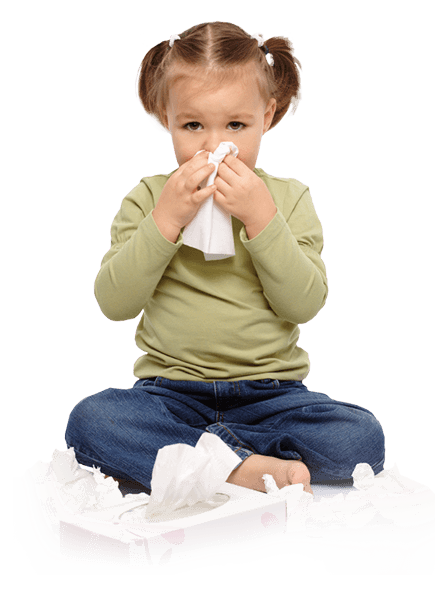Mold FAQ
Mold damages surfaces and threatens those inhabiting the infested space. Mold Act has advanced professional equipment and supplies for comprehensive mold removal services. We have a team of certified, licensed experts who clean, sanitize, and provide remedies for mold control. Mold remediation also requires a well-informed client. For this reason, specialists from Mold Act have provided below some of the most sought after information on mold and its remediation.
What is mold?
Mold is a fungal growth that thrives in moist environments and grows on decaying matter or damp surfaces. It thereby draws its nutrition from carbon in building materials or organic matter.
How does mold form and grow?
Mold grows in multicellular structures called hyphae. It sprouts within 24-48 hours and produces tiny airborne spores. When the spores land on a damp surface, they grow into new mold colonies and continue spreading.
What does mold look like?
Mold mostly appears in tiny dark stains. It looks dusty, fuzzy, or slimy. Mold has irregular growth patterns and can appear in green, black, white, red, and other colors.
What does mold smell like?
Mold produces a stale smell identified as stuffy, damp, and earthy.
What to do when you find mold?
If you find mold or suspect you may have mold, even if you can't find it, call an inspection and testing company to assess the mold-infested space and identify other mold colonies. Reach out to our mold remediation experts for professional mold removal and control.
Is white mold dangerous?
Yes. White mold affects the respiratory system and can threaten asthmatic patients. It may cause eye and skin irritation, headaches, and allergic reactions such as sneezing, coughing, and nasal congestion.
How dangerous is black mold?
Like white mold, black mold poses respiratory health hazards, especially to asthmatic patients. The spores in the atmosphere make it impossible to avoid mold effects.
When do you need to call a mold remediation specialist?
Call a specialist when mold begins to spread to other parts of the house or covers an area of 10 sq. ft. Toxic mold also requires special attention. A specialist is able to detect and remove the tiny spores of mold in the air and deposits within walls.
How much on average will I pay for a mold-removing service?
Cost varies according to the size of the infested area and the extent of damage. The national average cost is $2347, but it really will depend on what needs to be done in a specific situation. Other services such as water damage restoration, waterproofing, and fixing leakages, increases the cost depending on the damage and repairs required.
What is involved in mold remediation service?
It involves mold removal, sanitization, and prevention of future outbreaks. Moisture or water leakage also leads to damage like discoloration, wallpaper peeling, and wall paint cracks.
Is it safe to clean black mold yourself?
Not really. People often try a mixture of water and bleach but it does not kill invisible mold spores in the air. It is advisable to contact an inspection & testing company to detect small hidden spores, and remediation services to eradicate them.
Does heat kill mold?
Yes. Extreme heat or cold can eliminate most microorganisms. A professional remediation company is however more effective for most mold types than home remedies.
Does mold die when dry?
No, the absence of moisture inactivates mold. However, dry mold can become airborne, and if its spores land on a moist surface, it becomes reactivated. Consider specialists to eliminate mold completely.
Does white vinegar kill mold?
White vinegar contains 5-8% acetic acid which has a 2.5 pH that can hinder mold growth. It, however, kills 82% of mold types. To eliminate mold completely, you will need mold remediation services.
Does bleach kill black mold?
Bleach eliminates mold on the surface. In permeable surfaces, the mold tissue escapes by moving deeper under the surface and grows back in no time. Certified experts help eliminate microorganisms on the surface and underneath.
Does ozone kill mold?
Ozone is effective in eliminating and preventing mold growth and odor. It is however advisable to involve specialists to ensure the complete elimination of the spores.
Does UV light kill mold?
UV light penetrates and breaks down mold DNA. In an HVAC system, consider installing a UV lamp to eliminate mold spores. Consult mold experts for the effective elimination of the mold.
Bottom Line
With the help of mold inspection and testing experts and mold remediation professionals, you can permanently get rid of rampant mold issues. Do not wait for the mold situation to get worse; contact us today and enjoy great and cost-effective services.



Mold Remediation Services
